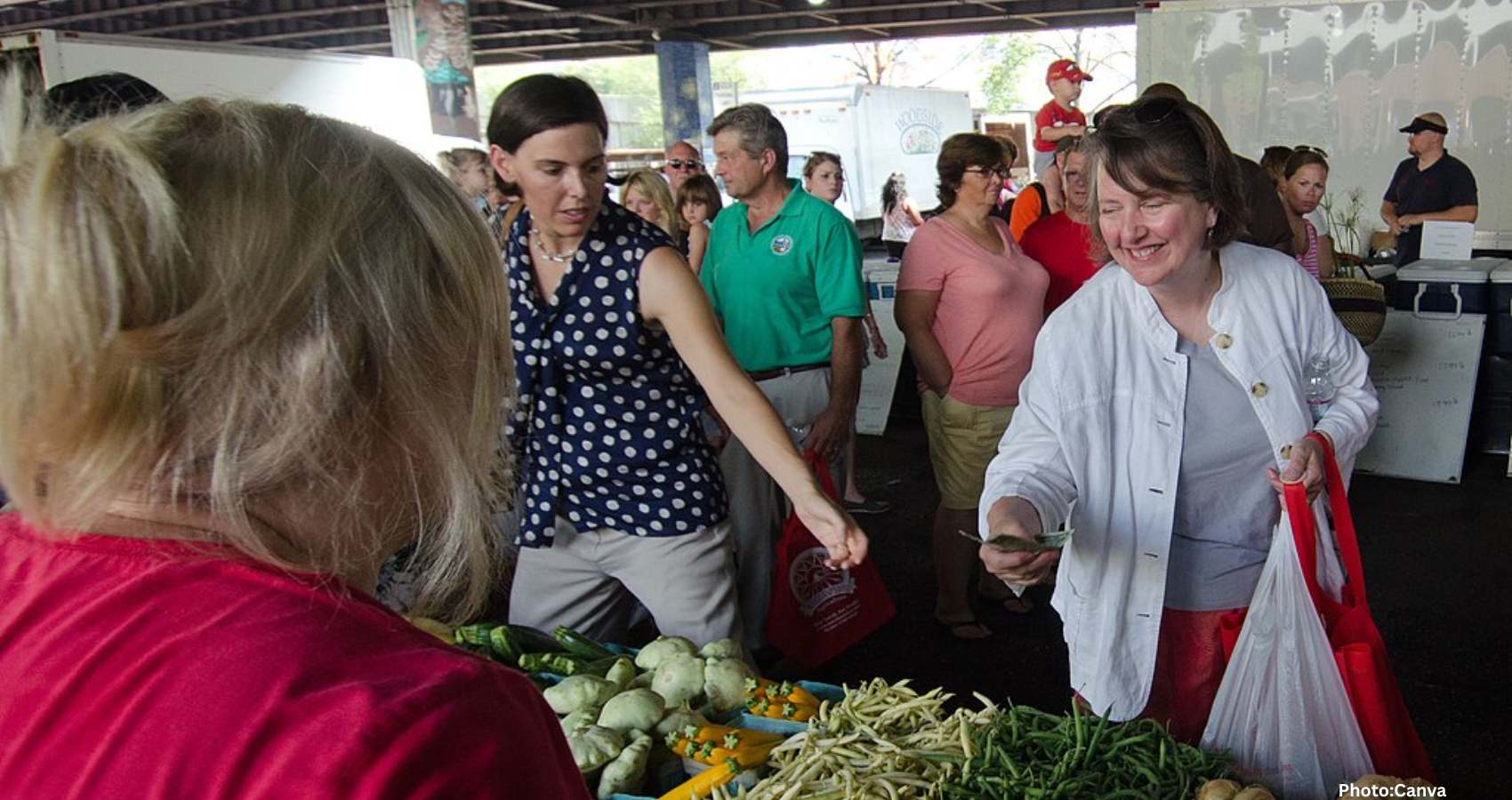A federal judge has ordered the Trump administration to fully fund SNAP benefits for November, emphasizing the urgent need to address food insecurity amid ongoing political gridlock.
A federal judge has ruled against the Trump administration regarding the funding of Supplemental Nutrition Assistance Program (SNAP) benefits, ordering that full payments be made by Friday. This decision comes in light of the ongoing U.S. government shutdown, which has left millions of Americans facing food insecurity.
During a hearing in U.S. District Court in Rhode Island on Thursday, Judge Jack McConnell expressed concern over the impact of partial funding on the 42 million Americans who rely on SNAP. “People have gone without for too long,” he stated, underscoring the urgency of the situation.
Judge McConnell’s order requires the administration to utilize both a congressionally authorized contingency fund and additional resources, known as Section 32 funds, which the administration had previously declined to access. “The evidence shows that people will go hungry, food pantries will be overburdened, and needless suffering will occur” if SNAP is not fully funded, he added.
The SNAP program, which supports over 40 million Americans, has faced significant disruptions due to the federal government shutdown that began in October. The U.S. Department of Agriculture had initially announced that new SNAP benefits would not be issued starting November 1, 2025, leaving many low-income households uncertain about their access to food assistance. While existing benefits remained usable, the threat of halted future payments created immediate economic stress for vulnerable populations.
In response to the crisis, two federal court rulings mandated that the administration utilize contingency funds or other measures to ensure at least partial disbursements, preventing a complete cessation of benefits. This situation has highlighted the critical dependence of SNAP recipients on timely government funding, as well as the exacerbation of food insecurity during government shutdowns.
Judge McConnell pointed out in his written order that more than half of SNAP recipients are children, seniors, and veterans. “While the President of the United States professes a commitment to helping those it serves, the government’s actions tell a different story,” he wrote, emphasizing the disconnect between political rhetoric and the reality faced by many Americans.
On Monday, the Trump administration informed Judge McConnell that it would provide only 50 percent of the benefits by utilizing the contingency fund, while ruling out the use of at least $4 billion from the Child Nutrition Program and other funding sources. This decision raises questions about the balance of power, as courts increasingly step in to enforce social protections when administrative decisions threaten public well-being.
For policymakers, this episode serves as a cautionary tale, illustrating that ensuring food security requires not only adequate funding but also resilient systems capable of withstanding political stalemates. For the public, it highlights the tangible consequences of government gridlock, demonstrating how delays in decision-making can lead to real hardship for millions of individuals and families.
Ultimately, the 2025 SNAP case serves as a critical reminder that social safety nets are only as strong as the commitment of government institutions to maintain them consistently, even amid political uncertainty.
Source: Original article

